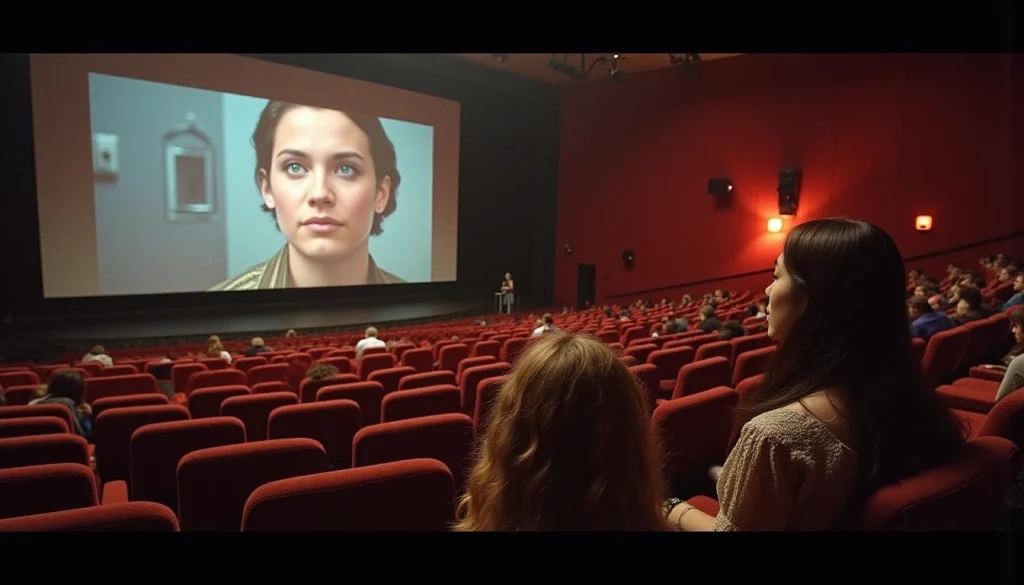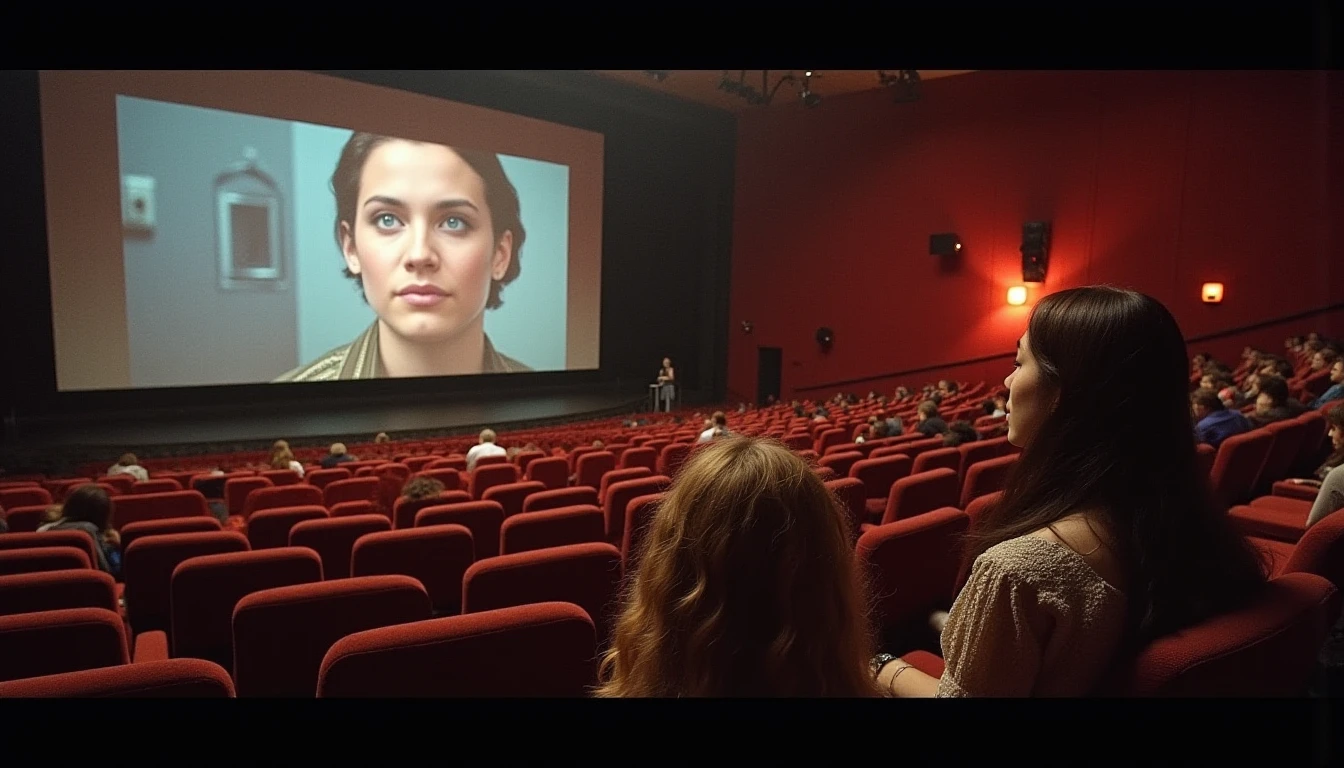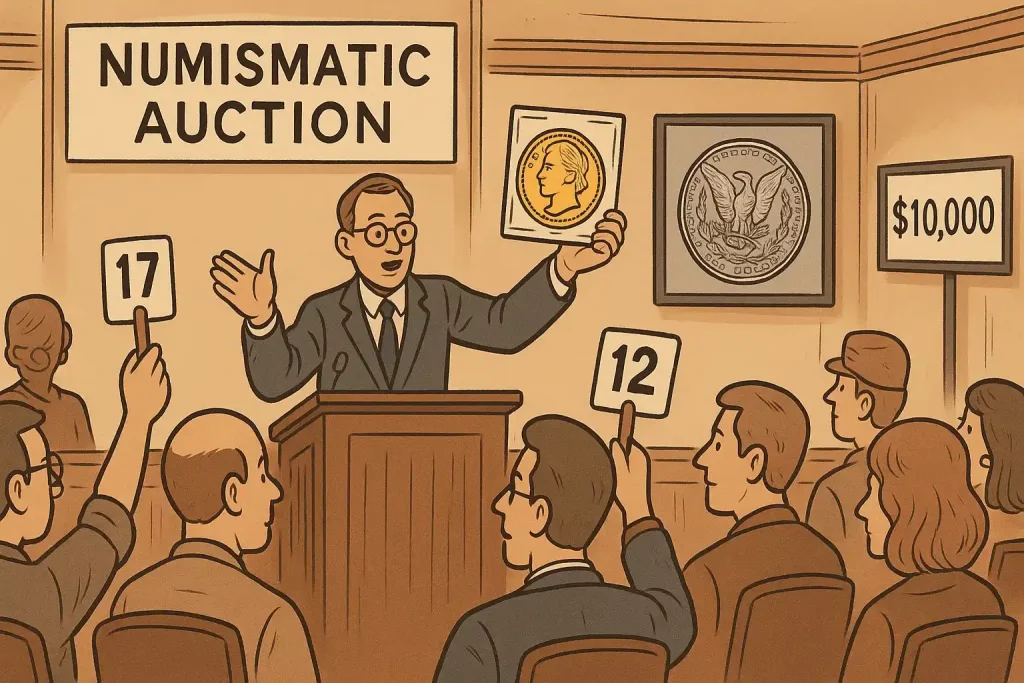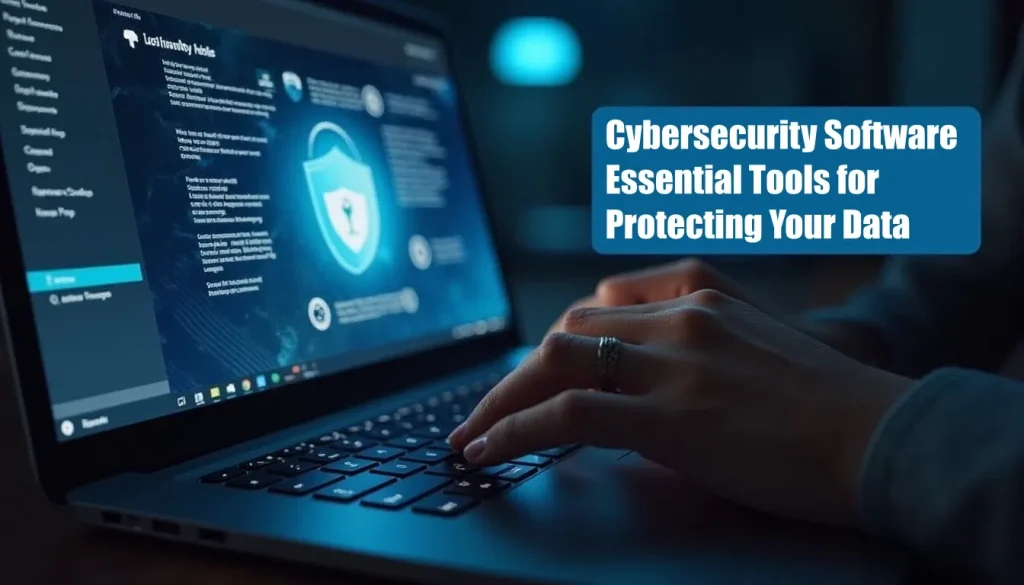The Role of Visionaries
Behind every successful independent film festival lies a visionary. These individuals are not just passionate about cinema; they are driven by the belief that independent films have the power to change lives and inspire conversations. They understand that these films often explore complex themes, challenge societal norms, and offer unique perspectives that mainstream movies might overlook.
The first step in organizing an indie film festival is conceptualizing its vision and mission. Visionaries must clearly define what they want their festival to achieve—whether it’s fostering a platform for emerging filmmakers or celebrating diverse narratives. They need to articulate this vision not only internally but also externally, convincing potential partners, sponsors, and participants of the value and uniqueness of their event.
Moreover, these organizers are often compelled by personal experiences that have shaped their appreciation for independent cinema. Many have attended film festivals as audience members, gained insights from attending workshops or panel discussions, and observed how such events can profoundly influence careers. This background provides them with a wealth of knowledge about what works and what doesn’t in the festival space, allowing them to create an event tailored specifically for indie filmmakers.
Budgeting and Sponsorship
The financial aspect is undoubtedly one of the most challenging components of organizing any film festival, especially independent ones. Indie festivals often rely heavily on sponsors, grants, and ticket sales for their funding. The budget must be meticulously planned to cover various costs including venue rentals, film acquisition fees, marketing expenses, equipment rentals, staff salaries, and miscellaneous operational costs.
Securing sponsorships is crucial but also competitive. Organizers must present a compelling case to potential sponsors by highlighting the festival’s unique value proposition—be it the quality of films showcased or its commitment to fostering new talent. They need to demonstrate that their event aligns with the brand values of prospective sponsors and can offer them valuable exposure.
Another critical aspect is managing ticket sales strategically. Indie festivals often face a delicate balance between offering affordable tickets to attract more attendees while ensuring sufficient revenue for operational costs. Creative pricing strategies, such as tiered pricing or early bird discounts, can help maximize both attendance and income. Additionally, leveraging social media platforms and engaging influencers can significantly enhance the reach of marketing campaigns, thereby boosting ticket sales.
Curating a Diverse Program
Curating a diverse program is paramount for indie film festivals to resonate with audiences and filmmakers alike. This involves not only selecting films that are artistically compelling but also ensuring representation across various demographics, cultures, and genres. The selection process often requires meticulous research and collaboration among curators who understand the nuances of independent cinema.
One significant challenge in programming is balancing artistic merit with audience appeal. Curators must strike a fine line between showcasing experimental works that push boundaries and films that are accessible to wider audiences. This can be particularly tricky as indie films frequently tackle sensitive or unconventional topics which may not immediately connect with all viewers but contribute profoundly to the cultural dialogue.
Furthermore, curators face ethical considerations when selecting films. It is crucial to ensure that diverse voices are represented without tokenism. They must actively seek out marginalized stories and filmmakers who have historically been underrepresented in mainstream media. This commitment to diversity enriches both the festival experience and the broader conversation within the industry, fostering a more inclusive environment for all participants.
Logistics and Venue Management
Logistics form a cornerstone of organizing any successful film festival, particularly when it comes to managing venues effectively. Indie festivals often require multiple locations—screening rooms, exhibition spaces, networking areas, and workshops—to accommodate various activities throughout the event. Ensuring smooth coordination among these sites is essential for maintaining an optimal attendee experience.
Venue management involves several intricate tasks such as scheduling screenings, arranging technical equipment like projectors and sound systems, ensuring adequate lighting and seating arrangements, and managing crowd control. Organizers must also consider accessibility features to ensure all attendees can participate comfortably. This includes providing wheelchair-accessible paths, audio descriptions for visually impaired individuals, and sign language interpreters where necessary.
Another logistical challenge is coordinating with local authorities regarding permits and regulations related to public gatherings. Obtaining the right permissions ensures compliance with legal requirements while facilitating a hassle-free environment for both organizers and attendees alike. Effective communication with venue staff throughout the planning phase helps anticipate potential issues early on and devise contingency plans to mitigate disruptions during the festival.
Marketing and Publicity
Effective marketing is pivotal in generating buzz around independent film festivals, attracting diverse audiences, and ensuring a thriving event atmosphere. Organizers need to employ strategic promotional techniques that highlight unique aspects of their festival while reaching out to target demographics effectively.
Social media plays a crucial role in spreading word about indie film festivals through targeted campaigns using relevant hashtags, engaging visuals, and interactive content like live Q&A sessions with filmmakers. These efforts help build anticipation leading up to the event while fostering online communities around shared interests in independent cinema.
Additionally, partnerships with influential bloggers, critics, and industry personalities can amplify reach beyond conventional channels. Collaborations could include guest appearances at panels or interviews that not only promote specific films but also elevate the overall profile of the festival itself. Engaging influencers who resonate authentically with niche audiences ensures broader coverage without alienating core supporters.

Networking Opportunities
Film festivals serve as vital networking hubs for filmmakers, industry professionals, and enthusiasts to connect, exchange ideas, and potentially forge collaborations that could shape future projects. Creating robust opportunities for meaningful connections requires thoughtful planning and facilitation throughout the festival period.
Workshops, panel discussions, and one-on-one meetings allow participants to engage directly with established figures in the film industry who can offer valuable advice or mentorship. These sessions provide aspiring filmmakers not just exposure but also constructive feedback on their work which is invaluable during early stages of professional development.
Moreover, informal gatherings like receptions and after-parties create relaxed settings conducive for spontaneous interactions that might lead to unexpected partnerships or collaborations among peers. Encouraging open dialogue through structured events ensures that attendees leave the festival having built meaningful relationships with fellow cinephiles and professionals alike.









